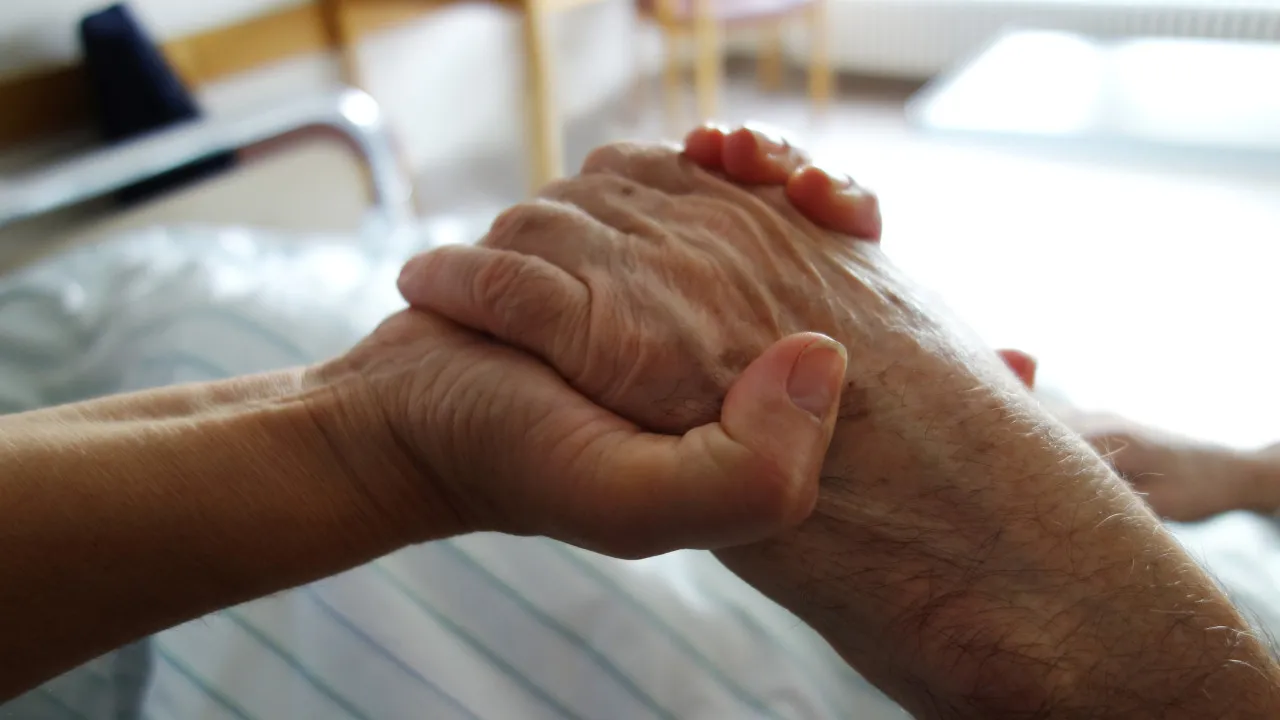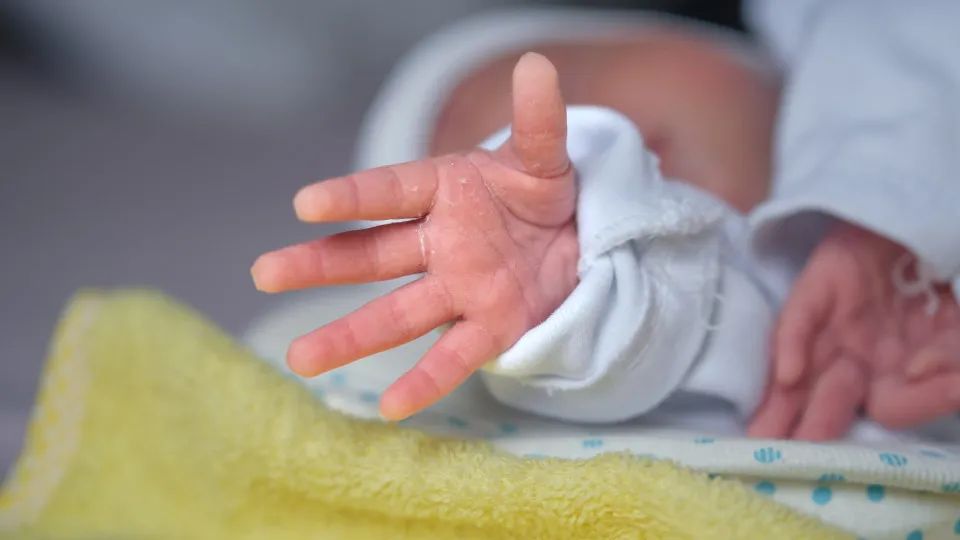
On June 15, World Elder Abuse Awareness Day is observed, prompting the National Health Service (SNS) to share pertinent information on this issue.
Via social media, the SNS issued a warning: “Elder abuse can be physical, psychological, or financial. Do not allow violence to happen around you. Reporting is helping!”
The SNS also posted additional information on how to report such incidents, highlighting the public health implications of elder abuse.
What are the consequences of this type of violence?
- Depression
- Cognitive and physical decline
- Early admission to nursing homes
- Premature mortality
With repercussions…
- Physical
- Psychological
- Financial
- Social
- Economic
The information shared by the SNS indicates that “Portugal is among the five countries with the highest rates of elder abuse” and reminds that neglect and deprivation are criminal acts.
The SNS emphasizes the importance of being vigilant, reporting, preventing, and “caring for yours and your future.”
If you are aware of any case of elder abuse, do not hesitate to seek help. Caring is a collective responsibility. #Saúde #SNS #ViolênciaContraPessoaIdosa
© @DGSaude pic.twitter.com/pbJpgPfCBK— SNS_Portugal (@SNS_Portugal) June 15, 2025
Where should one go?
If you are aware of a situation involving elder abuse, you can seek information from healthcare professionals through the Adult Violence Prevention Teams network in primary and hospital care.
For reporting, approach the nearest security forces, such as the Public Security Police or the National Republican Guard, or the Public Prosecutor’s Office.




